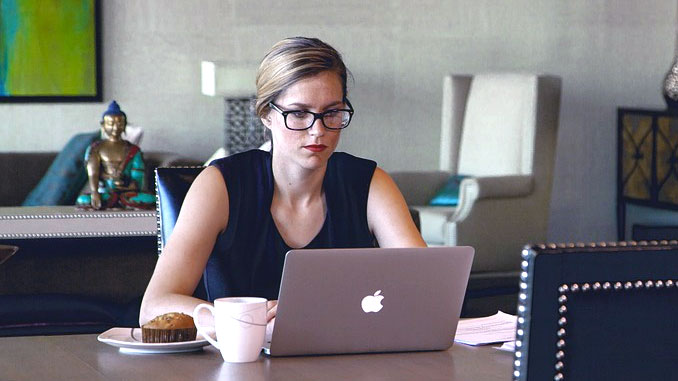New figures from Specsavers Corporate Eyecare suggest there is a serious lack of compliance with the Health and Safety Display Screen Equipment regulations.
While the research, undertaken among over 500 senior decision makers from UK companies, shows a willingness towards providing DSE eyecare, it reveals a little as 10% of employers are fully complying with the regulations.
The regulations state that employers must provide all screen users with tests and glasses, if required solely for DSE use. However, more than a third of employers (39%) do not provide any eyecare at all for screen users. Almost a third, (30%) provide eye tests for all, but not glasses. 14% provide eye tests for some and 7% provide the full requirements – eyecare and glasses – but only for some screen users. This means that 61% of employers are at least providing some level of eyecare, but just 10% are fully complying with the regulations.
The research shows that employers on average class around 68% of their employees as screen users. This falls to a minimum of 55% in Wales and reaches a maximum of 77% in Yorkshire and Humberside. Screen users are at the lowest (42% of employees) in the food and drink industry, and the percentage of screen users is at its highest in the media, at 94%. With, on average, only 10% of these employees receiving eyecare fully compliant with the DSE regulations, a great many people are potentially missing out significantly.
Jim Lythgow, director of strategic alliances for Specsavers Corporate Eyecare, said:
‘The good news is that there is an overall willingness to provide eyecare but this is not to the extent as required by law. We believe there are two vital elements in increasing the number of employers complying with the DSE regulations: the first is to ensure they are educated about the full requirements of the legislation; the second is to make DSE eyecare as simple and cost effective as possible to procure.’
Specsavers Corporate Eyecare has worked hard to raise the profile of the DSE eyecare. Its website includes a knowledge bank for employers and useful tools, like downloadable posters, to communicate benefits to employees. With simplicity being the key to eyecare procurement, Specsavers has created an online eyecare management system, where employers can purchase, distribute and manage eyecare eVouchers with just a few clicks of a button.
To view the online resources, find out more information, or purchase eyecare eVouchers visit www.specsavers.co.uk/corporate
More information on the Health and Safety (display screen equipment) Regulations can be found at www.hse.gov.uk
